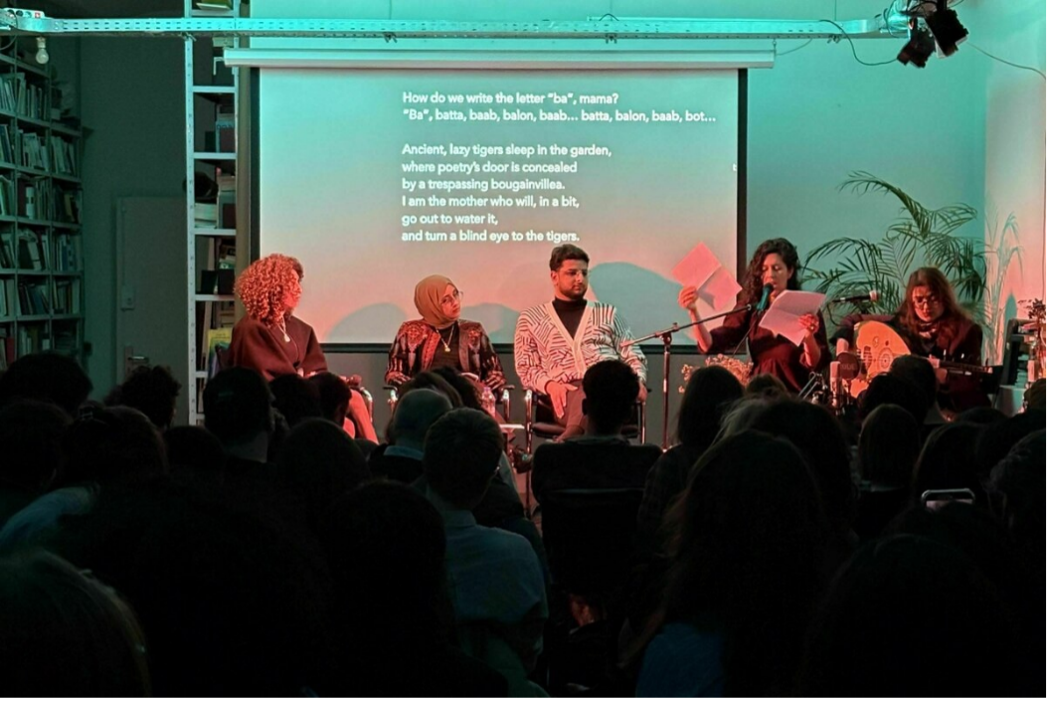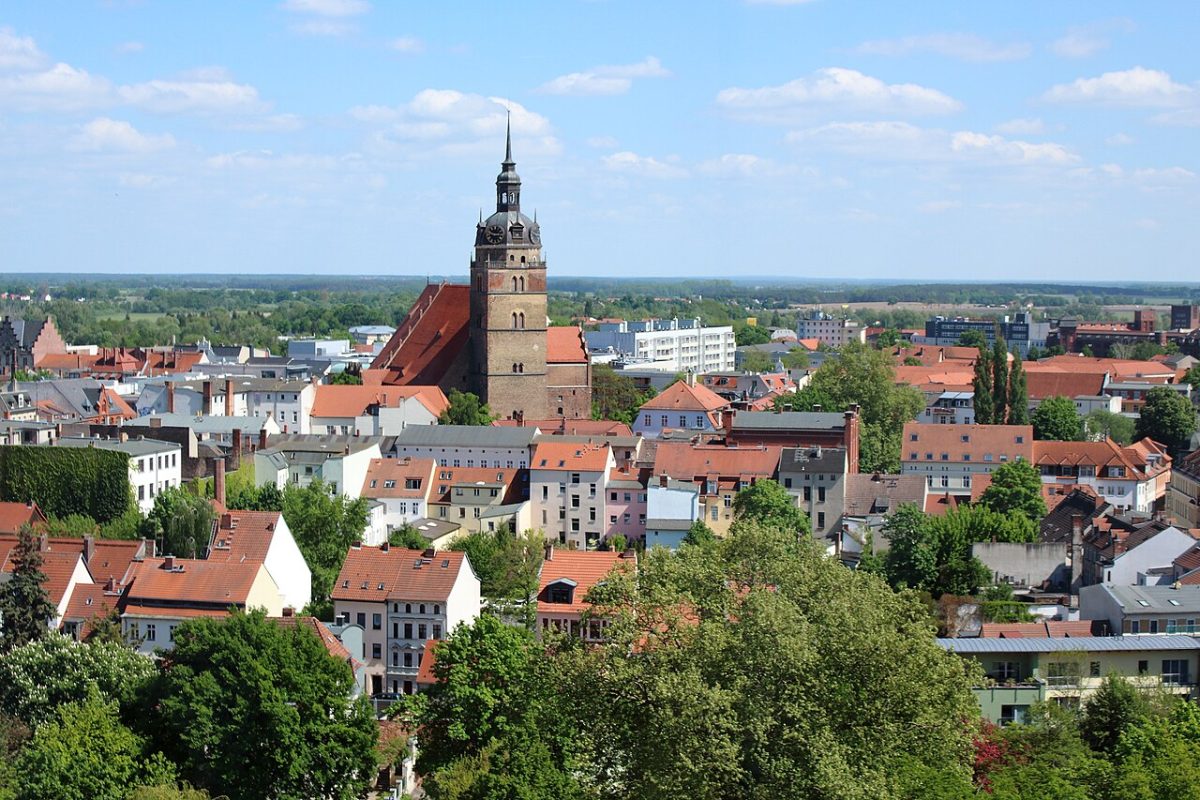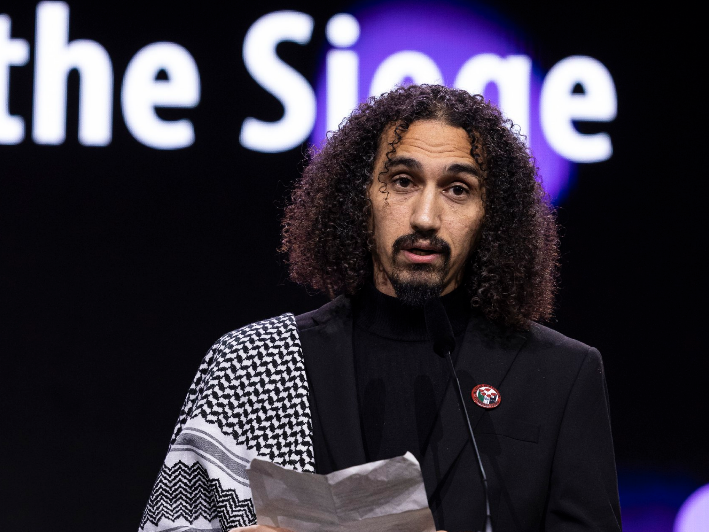NEWS FROM BERLIN
Berlin administration begins conversion to digital files
Only a quarter of the administrative procedures in Berlin can be done online. Now Interior Senator Spranger (SPD) wants to bring more digitisation to the city in the next one and a half years. The “digital file” is planned to be available in 2024 for about 70,000 PC workstations in about 80 authorities nationwide. The district office of Mitte is the first to use the new system. This means it will also be possible to access the file regardless of location, for example in the home office, and to share it with colleagues, said Spranger. Source: rbb.
Criticism from the grassroots in “Kotti”
According to current plans, the prestige project of Interior Senator Iris Spranger (SPD) in “Kotti” will cost 3.5 million euros. Starting in 2023, three officers per shift will record reports, do paperwork, and conduct interrogations in the 200-square-meter-room on Adalbertstraße. “With this size, the police station will basically only be occupied with itself. The police officers will not be able to go outside,” believes Norbert Sommerfeld, the police officer responsible for the neighbourhood. In his opinion, what is needed is more contact officers to improve the relationship between citizens and police in hotspot areas and to keep order on the streets. Source: taz.
NEWS FROM GERMANY
IG Metall demands “strong wage increase”
IG Metall wants to demand a wage increase of more than six per cent in the upcoming collective bargaining round in autumn. “We need a strong wage increase,” affirmed the union leader Jörg Hofmann. “The wage settlement must cover two years, 2022 and 2023. If the negotiations go well, we will have a result in November.” Contracts for some 3.7 million workers in the core sectors of German industry expire at the end of September. At national meetings of the regional bargaining commissions, the unions are currently discussing the level of their demands for the new round of collective bargaining. Source: Tagesschau.
Votes against the AfD
This is not how the AfD had imagined it. In the district council elections in Saxony, the AfD had the goal of achieving district council posts and thus government offices for the first time – and thus show the world it can at least still be successful in eastern Germany. But the extreme right-wing party missed its target. It did not receive the most votes in any of the eight districts where it has put up candidates. In three districts it even ended up in third place. The Secretary General of the Saxon CDU, Alexander Dierks said: “The CDU has clearly won the local elections.” Source: taz.
A motorway for Frau Holle
The A44, the most expensive motorway in Germany is only 17 kilometres long so far. In the domain of the fairy tale character “Frau Holle”, with the Hohe Meißner in sight, the project has already swallowed up over 2.7 billion euros. Supporters of the motorway repeatedly chide conservationists that they are responsible for the fact the whole construction is taking so long and becoming expensive. Anyway, pricey “surprises” can never be completely ruled out there such as the fact the Hirschhagen tunnel needs safety measures once it runs under the site of a former Nazi explosives factory. In 2015 an expert opinion concluded the A44 was even unnecessary. Source: taz.
Aid programme for the East demanded
Eastern German states are facing huge problems resulting from the embargo on Russian oil and natural gas. Because of the embargo, the Left Party (“die Linke”) is calling for a “guarantee plan for eastern Germany” to secure supply security, locations, jobs and prices. Meanwhile, the task force headed by Robert Habeck’s Parliamentary State Secretary Michael Kellner (“die Grünen”), who has his constituency in the Uckermark, expressed the expectation the Brandenburg state government would support the federal government’s “Ukraine course”. He accused government of Potsdam of having been “close to the policy of Russian President” Vladimir Putin in the past. Source: nd.
War in Ukraine: ver.di supports refugees
On March 4, the Council of the EU cleared the way for people fleeing the Russian war of aggression in Ukraine to be granted residence and work permits in EU countries without individual asylum procedures. In Germany, these permits are valid for 24 months. Once the focus is still on providing accommodation and good care for the refugees, ver.di demands more efforts and better funding for the municipalities and unbureaucratic solutions for the employment of pedagogical experts from Ukraine who have fled in order to cope with this task. For ver.di, one thing is clear: there is no need for quick placement in precarious jobs. Source: ver.di.



